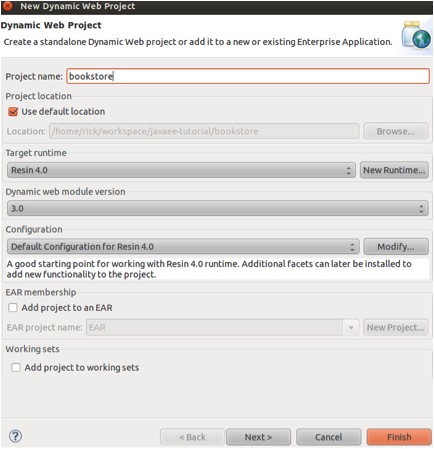

This encoding of metadata into the file name data structure went by the wayside. With the advent of search, we were able to separate the data from the metadata. If you accidentally added a space or misspelled something, everything broke. Client X – Meeting Notes – 20010405 – Online.doc.

A few of you may remember when we had to adhere to these arcane file naming conventions so that we could find the “right” file.įor example, you had to name your meeting notes document using a naming convention like the following.

This was a common problem early on in file systems and SharePoint implementations in the 90s and 00s. We’ve seen this before, when Content Management Systems were new The issue is that this way of encoding makes it very difficult to extract data easily using tools like SSRS and Power BI. You have encoded information into the structure of the project plan. If you have told your PMs that they cannot rename or add tasks to their plans, you have this issue. You might have standard task names for Finance or for the PMO for example. One common issue is making the task names in your project template meaningful to needs outside of the project team. Microsoft Project Task names should not drive meaning outside of the project team This leads to Project template designs that make it difficult or impossible to extract usable data from the Project Server/Online data store. Unfortunately, many did not account for this BI need when creating their project template structures. The need to extract Microsoft Project Task level data in an efficient manner is growing as many Project Server and Project Online clients are creating Power BI models over this data.


 0 kommentar(er)
0 kommentar(er)
